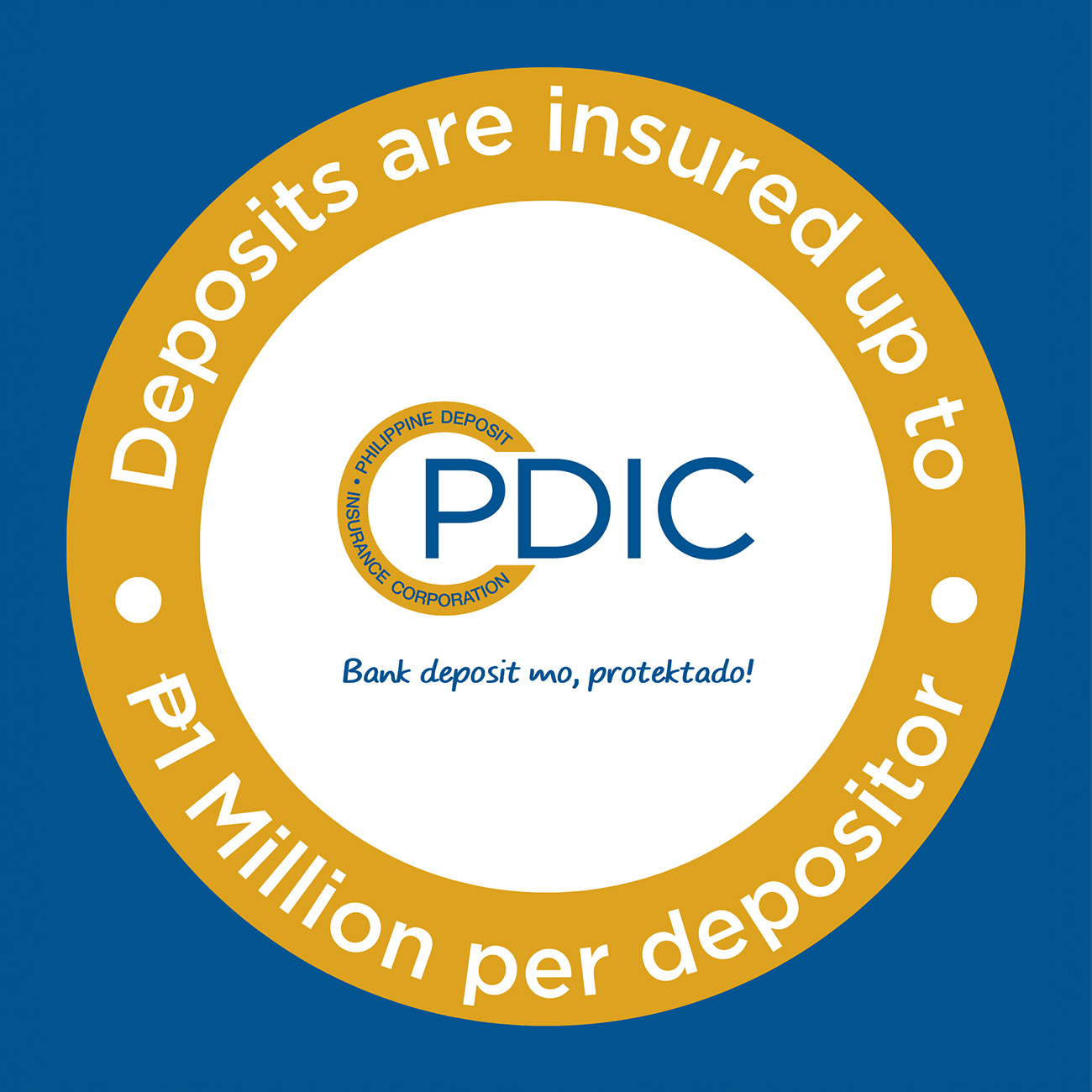The Philippine economy has maintained its spot as one of the fastest growing economies in the region, bouncing back from the challenges of COVID with a growth rate of 5.7% in 2024 and 5.4% in 1H 2025.
Household consumption continues to be the main engine of the Philippine economy, accounting for 60 to 70% of GDP growth each year. This strong consumption has been fueled by the following:
- Favorable demographics: The country has a young and growing population, which is expected to reach 117 million by 2025.
- Remittances: The amount of remittances sent by OFWs grew by around 3% in 2024 and is equivalent to around 8% of GDP. The number of OFWs deployed abroad has exceeded the pre-pandemic level, with 2.7 million deployed in 2024.
- Unemployment rate at record low: The country’s unemployment rate has declined significantly in the past 2 years, even reaching historic lows. From a 17.6% during the height of the pandemic, the unemployment rate is now around 3% to 4%, below the 5.3% level before COVID.
The Philippine economy is expected to grow by at least 5% in 2025 with household consumption as the biggest driver. Consumer spending is expected to show stronger growth this year with inflation now at manageable levels. This improvement will likely be most apparent in discretionary spending after a period of slower growth caused by high inflation, as consumers focus more on essentials.
Investment spending may also improve in the near term given the anticipated interest rate cuts from the central bank. With inflation now more manageable, the BSP may continue cutting interest rates in the coming months. Inflation is expected to remain within the BSP’s target, assuming no unexpected supply shocks. Upside risks to this outlook include the possibility of adverse weather and disruptions to global supply chains due to trade barriers. Inflation remains sensitive to adverse weather conditions, particularly for vegetable prices, which warrant close attention. On the other hand, stable commodity prices amid China’s economic slowdown and improving rice supply may offset these risks.


